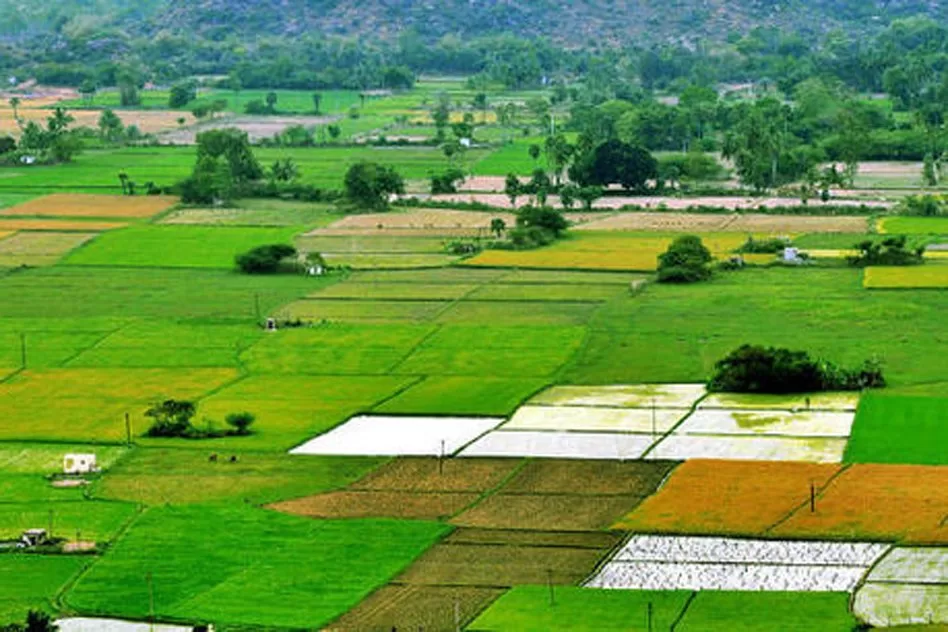The Greater Noida Industrial Development Authority (GNIDA) has proposed a 5-8% increase in land prices across various categories for the 2025-26 financial year. This price revision, expected to be approved during the March board meeting, will affect residential, commercial, industrial, and institutional land prices. The price hike is part of GNIDA’s broader strategy to generate additional revenue for improving infrastructure and urban facilities in Greater Noida and Greater Noida West.
Details of the Proposed Price Hike and Current Land Rates
This will be the second consecutive year of land price revisions, following a 5% increase in 2024. Presently, land prices in Greater Noida vary by plot type and use:
- Industrial Land: ₹9,920 to ₹30,788 per square meter
- Residential Plots: ₹31,877 to ₹47,227 per square meter
- Group Housing Plots: ₹38,484 to ₹54,493 per square meter
- Institutional Plots: ₹14,294 to ₹27,246 per square meter
- Commercial Plots (2 FAR): ₹57,176 to ₹66,602 per square meter
Once the new rates take effect, property buyers and developers will face higher costs, which could drive up real estate prices in the region.
Reasons Behind the Price Revision
The proposed increase is largely due to GNIDA’s expanded budget for infrastructure development, which has grown by 20%, from ₹4,859 crore in 2024-25 to over ₹5,600 crore in 2025-26. This budget boost is aimed at improving connectivity, transport, and urban services in Greater Noida.
Key projects contributing to this expansion include:
- Noida International Airport: ₹100 crore allocated for ongoing airport development, expected to boost real estate demand and economic activity.
- Metro Expansion: ₹70 crore earmarked for extending the metro network to enhance public transport connectivity.
- Internal Development Works: ₹120 crore set aside for road, drainage, and civic amenity improvements.
- Major Development Projects: ₹120 crore for large-scale projects supporting urban growth.
- Special Projects: ₹930 crore designated for initiatives to improve urban infrastructure.
- Green Spaces: ₹43 crore allocated for enhancing the city’s greenery and environmental sustainability.
These projects are expected to increase real estate values in the region, making land a more attractive investment despite the price increase.
Challenges in Implementation
Although the budget for infrastructure projects has been significant, the pace of execution has been slower than expected. By January 2025, GNIDA had spent only ₹1,180 crore out of its total ₹4,859 crore budget for the year. Unspent funds include:
- ₹1,200 crore allocated for land acquisition, which was not fully utilized.
- ₹1,272 crore set aside for construction and development, much of which remained unspent.
- Several proposed projects have yet to move beyond the planning stage, raising concerns about the authority’s ability to effectively execute its plans despite the higher land prices.
Impact on Buyers, Investors, and the Real Estate Market
The proposed land price hike will directly affect real estate prices in Greater Noida. Prospective buyers will face higher costs for residential and commercial plots, and developers may pass on the increased costs to homebuyers, making apartments and commercial spaces more expensive.
Market analysts advise potential investors to consider the price revision when making decisions. While upcoming infrastructure improvements are expected to boost property values over time, delays in project execution could pose risks for those seeking short-term returns.
For current property owners, the rise in land prices could increase the value of their existing properties. However, for new buyers, the higher costs may be a deterrent. Those planning to invest may want to do so before the revised rates come into effect in the next financial year.
GNIDA’s plan to increase land prices is intended to fund large-scale infrastructure projects. However, its ability to execute these projects efficiently remains uncertain. While the move is expected to drive long-term real estate growth, it places an immediate financial burden on new buyers and developers. How effectively the authority manages its plans will be key to determining whether Greater Noida remains a desirable investment destination.


